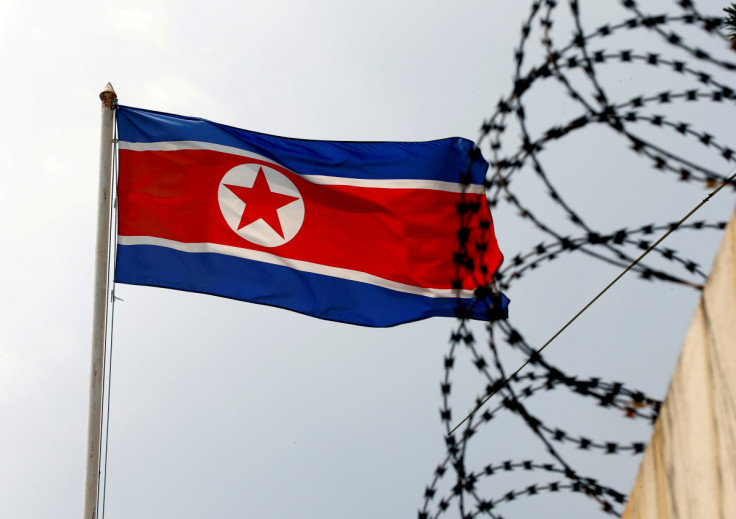PLA Fighters Again Harass Canadian Surveillance Plane Enforcing North Korea Sanctions
KEY POINTS
- There has been a sharp rise in the number of Chinese intercepts of the U.S. and allied forces aircraft
- The U.S. had recently raised the issue of dangerous Chinese aircraft flyovers in the Indo-Pacific
- The Canadian defense department did not disclose details on the type of Chinese aircraft involved in the intercepts
Chinese military jets are repeatedly harassing a Royal Canadian Air Force patrol plane based out of Japan during its missions to enforce international sanctions against North Korea, Canada's Department of National Defense confirmed Tuesday.
The intercepts by the fighter jets of China's People's Liberation Army (PLA) occurred several times between October and November, Jessica Lamirande, spokesperson of the Department of National Defense, said, according to a report in CTV News.
Although the Canadian defense department did not reveal the exact dates, frequency or type of Chinese aircraft involved in the intercepts, Lamirande said: "We can say that these intercepts occurred regularly over the course of the mission."
According to the CTV News report, a Canadian CP-140 Aurora aircraft was intercepted "on numerous occasions" by the Chinese air force during Operation Neon, which is the Canadian Armed Forces' ongoing sanctions-monitoring mission in the western Pacific region.
Operation Neon, which involves Canadian air and maritime forces, is part of the multinational effort to monitor and enforce international sanctions on North Korea. The mission began in 2018 and has been extended until the end of April 2023.
Canada has deployed a Halifax-class frigate, HMCS Regina, Naval Replenishment Unit Asterix and a CP-140 Aurora maritime patrol aircraft as part of its operation in the region. Aurora undertook 21 sorties while being deployed to Okinawa from Oct. 19 to Nov. 30, during which the reported intercepts by Chinese fighter jets occurred.
Ottawa had accused Chinese warplanes of similar harassment in June, sometimes forcing Canadian planes to divert from their flight paths. Canada had on Sunday unveiled its long-awaited Indo-Pacific Strategy detailing a tougher stance on China going forward.
"Canada has been clear in its expectation that all intercepts should be conducted in a safe and professional manner and refrain from impeding lawful operations in international airspace," Lamirande told CTV News.
"The CAF's primary concern is the safety of its aircrew," she added.
The report also said that while Canada does not routinely disclose information about such intercepts, it raised the matter with the visiting U.S. Defense Secretary Lloyd Austin earlier this month.
"We've seen a sharp increase in the number of dangerous PLA intercepts of U.S. and allied forces – including Canadian aircraft – that were operating lawfully in international airspace over the South and East China Seas," Austin told the Halifax International Security Forum on Nov. 19.
As reported on Nov. 23, Austin had raised the issue of Chinese aircraft flyovers in the Indo-Pacific during his meeting with Chinese counterpart Gen. Wei Fenghe on the sidelines of the meeting of defense ministers from the Association of Southeast Asia Nations (ASEAN) in Cambodia.
At the meeting, Austin stressed the need for substantive dialogue to reduce strategic risk and improve crisis communications, and enhance operational safety. The defense secretary also raised concerns "about the increasingly dangerous behavior demonstrated by PLA aircraft in the Indo-Pacific region" that increases the risk of an accident.

© Copyright IBTimes 2024. All rights reserved.






















